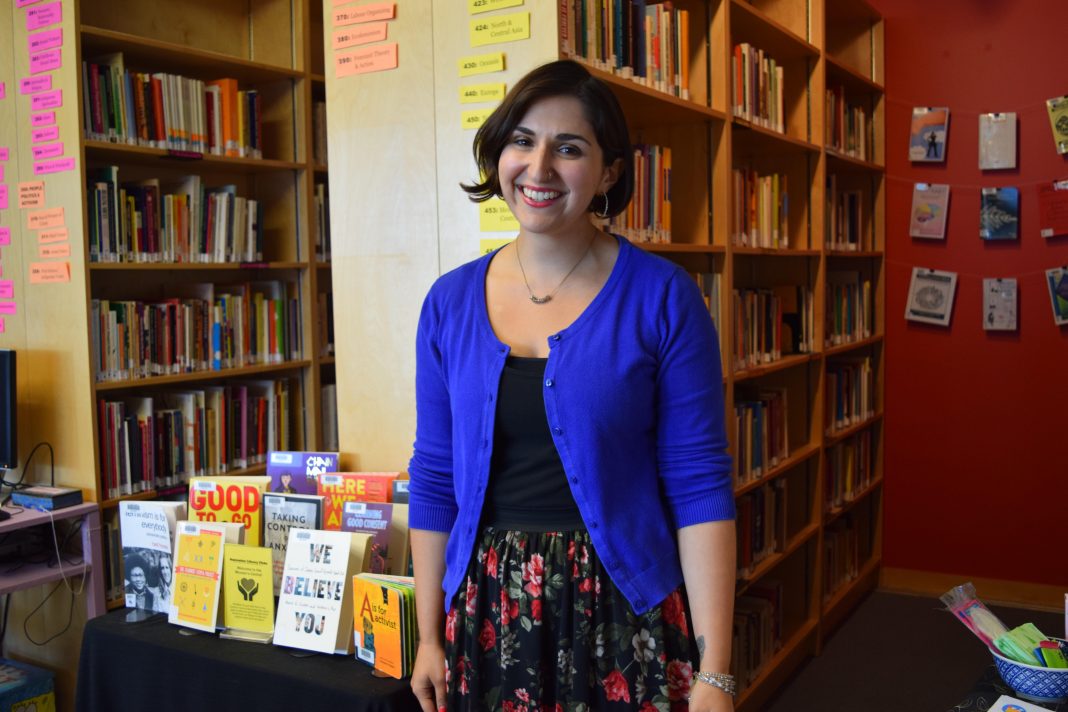

A graceful, striking collection.” - Carmen Maria Machado Here, Horlick takes the language of the past-used to dehumanize and unmoor-and crystalizes it around revelation after revelation. “Every poem in Moldovan Hotel is a room thick with ghosts. Horlick’s poems, making meaning of history with unflinching honesty, resonate electrically with our time.” - Jury Citation, 2022 Raymond Souster Award Haunting details of the past, made visceral by the speaker’s experience of the land her Jewish ancestors fled during World War II, become nightmare visions of the future as the jackboots of neo-fascism march ever forward and memories are confiscated by the CIA. “In the masterful work of Moldovan Hotel, Leah Horlick lives not only a lineage, but a host of familial ghosts, each holding up a lantern, whispering of loss and landscape, of war and typhus, transforming the speaker into all of it – and the reader, with her – in surreal, linguistic leaps. Yet these poems, with their purposeful and arresting use of language, together form a prayer for a better world, built not on burying old crimes, but on looking closely to see the truth of the past and to expose it so that it cannot poison the future.” - Jury Citation, 2022 Pat Lowther Memorial Award


The poems that follow pirouette between past and present, real and imagined, beautifully rendered countryside and the echoes of loss that does not come from the inevitability of life but from the purposeful destruction of other, whether national, religious, or ethnic.

“Horlick opens Moldovan Hotel with the fantasy of ancestors of past loves in a room together, their historical associations and interactions problematizing identity, relationship, truth, and story. This work takes things apart to put them profoundly back together. “No one ever thinks they might be the dragon,” Horlick writes, and yet history repeats its cruelties. With force, clarity and searing craft, Horlick’s poems are equal to the urgency of our political moment. What she unearthed there is an elaborate web connecting conscious worlds to subconscious ones, fascism to neofascisms, Europe to the Americas to the Middle East, typhus to HIV/AIDS, genocide in Romania to land grabs in Palestine, women’s lives in farming villages to queer lives in the city, language to its trap doors, and love to its hidden, ancestral obligations. In 2017, Leah Horlick travelled to Romania to revisit the region her Jewish ancestors fled.


 0 kommentar(er)
0 kommentar(er)
